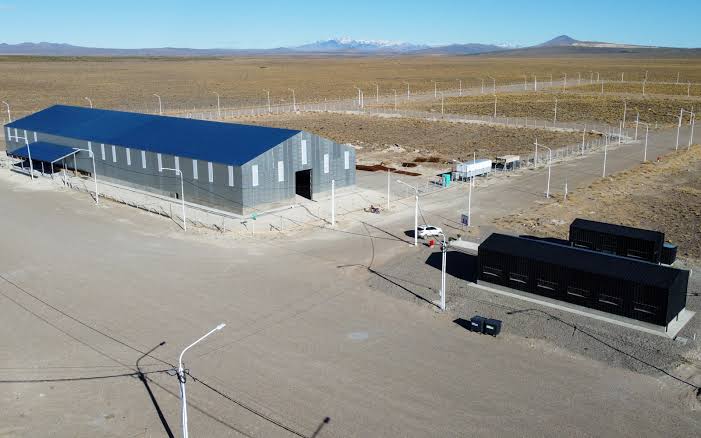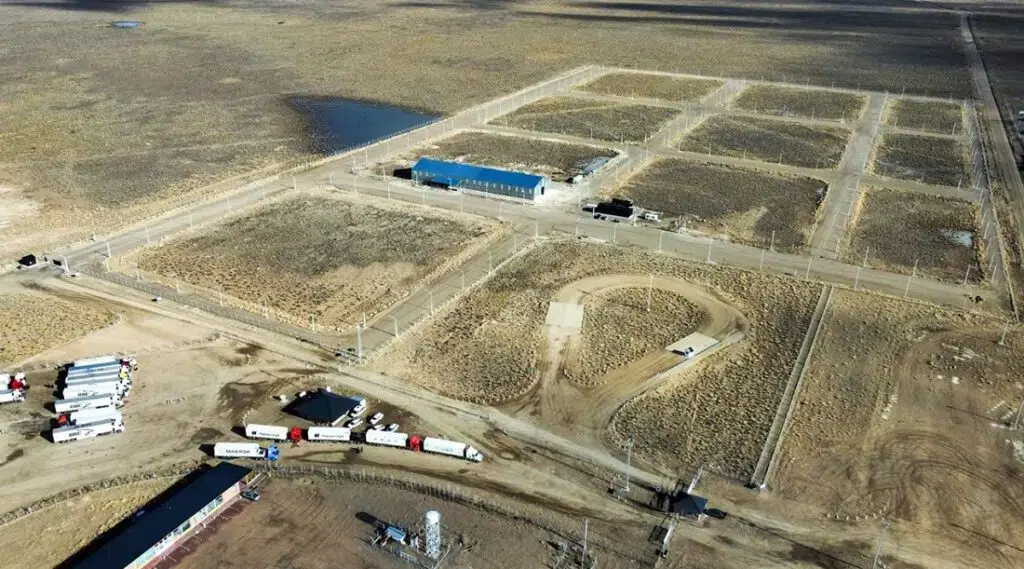- Argentina becomes attractive for Bitcoin mining due to lower energy costs and favorable tax conditions in Zapala.
- Joint venture between Brazilian and Argentine companies launches a sustainable mining project in Neuquén province in October.
Recent increases in electricity tariffs in Paraguay have prompted Bitcoin miners and data centers to seek more cost-effective alternatives, with Argentina emerging as a new favorable location for their operations. This shift is driven by Argentina’s comparative advantages in energy and tax incentives, particularly in the special economic zone of Zapala in Neuquén province.
Operations Kickoff in Neuquén
A joint venture between Brazilian and Argentine companies is launching a mining project that will commence operations in October. This initiative will leverage sustainable energy resources and is located in the free zone of Zapala, an area offering significant fiscal benefits for investors in high-energy-demand technologies, as we wrote in Crypto News Flash previously.
The companies “Zapala Mining” and Patagonia 360 are spearheading this venture. Zapala Mining will manage the data center operations using ASIC technology, while Patagonia 360 will handle the engineering aspects of repurposing gases from the unconventional hydrocarbon extraction in Vaca Muerta.
Capacity Expansion Projections

The project’s initial phase will start with a capacity of 8 MW, with plans to expand to 100 MW by 2025 and eventually reach 200 MW in 2026. Luis Pomata, CEO of Nano Mining Paraguay and a promoter of the project, mentioned that the capacity could escalate to 1000 MW, surpassing the output of a turbine from the Itaipú hydroelectric plant.
“There is the capacity to reach up to 1,000 MW of energy, which would be more than what a turbine at the Itaipú hydroelectric plant produces,” added Pomata.
Ecological Impact and Fiscal Advantages

A prominent feature of the project is its ecological approach; it will utilize shale gas extracted from Vaca Muerta to generate electricity. This initiative not only ensures a reliable and continuous energy supply but also aims to minimize environmental impact by harnessing local resources.
“Being within a free zone, import taxes on machines are not paid, which in Paraguay are 19% and represent millions of USD in savings,” Pomata exemplified.
The reaction in Paraguay to the migration of these investments is one of concern, as they fear that Bitcoin mining may significantly diminish as a local economic activity. Meanwhile, in Argentina, the promise of regulatory stability and lower energy costs is attracting more investors to consider the region as a potential hub for cryptocurrency mining.
This project in Zapala is not only poised to become a major Bitcoin mining center in Latin America but also represents a strategic adaptation to the global shifting energy and regulatory crypto market.
